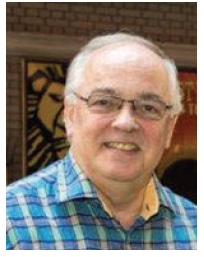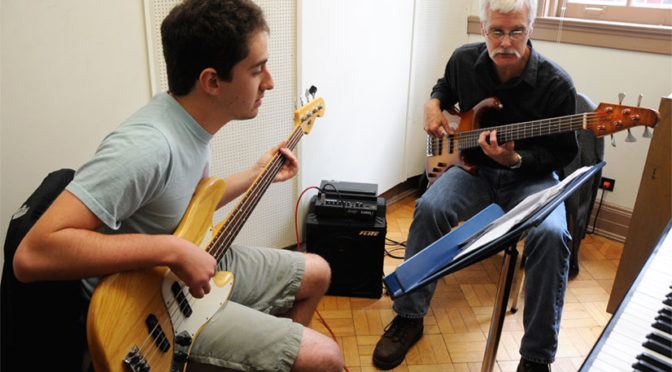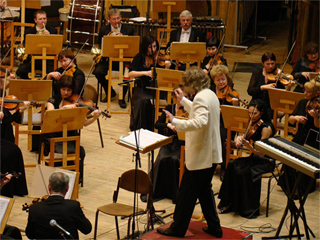A very valuable and often overlooked position in each AFM local’s personnel is the on-site representative (sometimes referred to as a “business agent”). Each local is required to have at least one person designated as such, as prescribed by the AFM Bylaws Article 5, Section 13, which states:
Each local shall have at least one representative whose duties shall include communicating with musicians who perform in that local’s jurisdiction for the purpose of securing such musicians’ support of and participation in the attainment of the membership’s collective goals as set forth in Article 2.
The wording of this bylaw has varied somewhat over the years, and so has the application. Anecdotally, I have heard stories of how local reps would visit each venue to “check the cards” of every musician on the stand, and were prepared to pull the band if the number of nonmembers exceeded a predetermined limit. Retrospectively, this seems extreme; however, the intent was more to send a message to the employer that only union musicians could be utilized. In the day, this activity was very effective, although the reps were thought of like police.
In my own experience, Local 149 (Toronto, ON) had at least three reps visiting clubs, particularly those that offered live music six nights a week. Some were our peers—musicians we knew who were part of bands and took part-time work as reps for the local. It was not an imposition by any means, and it felt strangely comforting to know that the AFM was in the house.
What is the benefit of reps to the local? Oftentimes, it’s difficult to keep track of which venues have ceased using live players, which ones have started to, or what kind of music is played. Locals with an active booking referral programme may not know who is playing with what band, the repertoire, or the level of polish. A visit by the rep answers all these questions, plus can put you in touch with nonmembers or travelling bands coming through your jurisdiction. In addition, regular contact with venue owners and others who may employ live musicians is an opportunity to develop relationships, which may be extremely beneficial over time.
What is the benefit to the members? Certainly, as a travelling musician, performing in a strange town had its challenges. I recall some locals who prepared a package for travellers that contained information and directions to find the local, as well as laundromats, grocery stores, liquor/beer stores, music stores, and all-night gas stations. There was always a work dues bill enclosed, of course.
When the rep would show up during the performance, it was an opportunity to ask questions and gather information. What other venues of similar type/price range were around? Who are the other musicians of note playing in town? Or perhaps there were difficulties with the venue owner or contract, which the rep could assist with. It was also an opportunity to ask questions about the services and benefits of AFM/CFM membership, and how to access them.
Another area where reps are invaluable is when recording is taking place. Perhaps it’s a “dark” jingle or scoring session, in which case the rep can usually speak with the employer and leader, and a proper contract (with all of the ensuing benefits and residuals) can be the result. When cash work is allowed to flourish and replace signatories and AFM report forms, everyone ultimately suffers. The fee will be low, pension not paid, papers not filed, and therefore, no Special Payments, new use, or other residuals. Rep visits can eliminate much of this underground economy and help musicians receive the fees and benefits to which they are entitled.
I left for last what is probably the most important aspect of having a rep make contact with musicians in the field: organizing. Much of the dialogue will be in the form of “internal” organizing, where existing members are apprised of what they may be missing out on. Knowledgeable members will pass that information along to musicians who are not members. And, of course, reps speaking directly with nonmembers can only result in a positive outcome in terms of recruitment. A local that has reps regularly visiting musicians on-site cannot help but increase visibility, which in turn creates the opportunity to recruit and increase member density.
If you are an officer in a local who does not have a business rep, you should find a way to appoint one as soon as practicable. If you are a musician who is lucky enough to have a rep visit you on site, use that opportunity to learn more about the AFM and its services.
En français:












